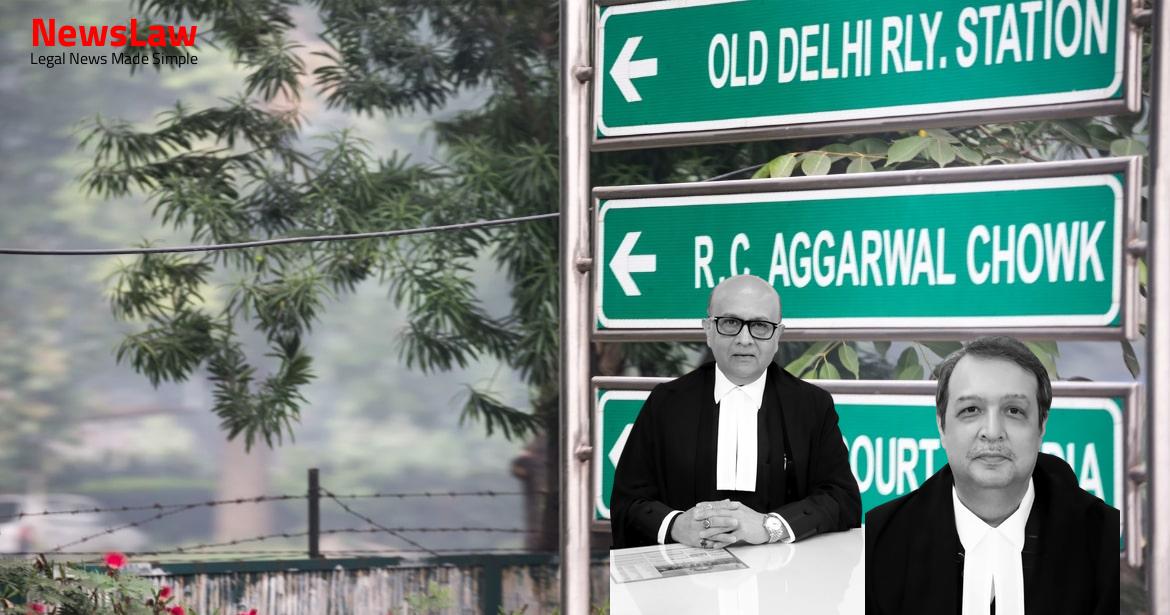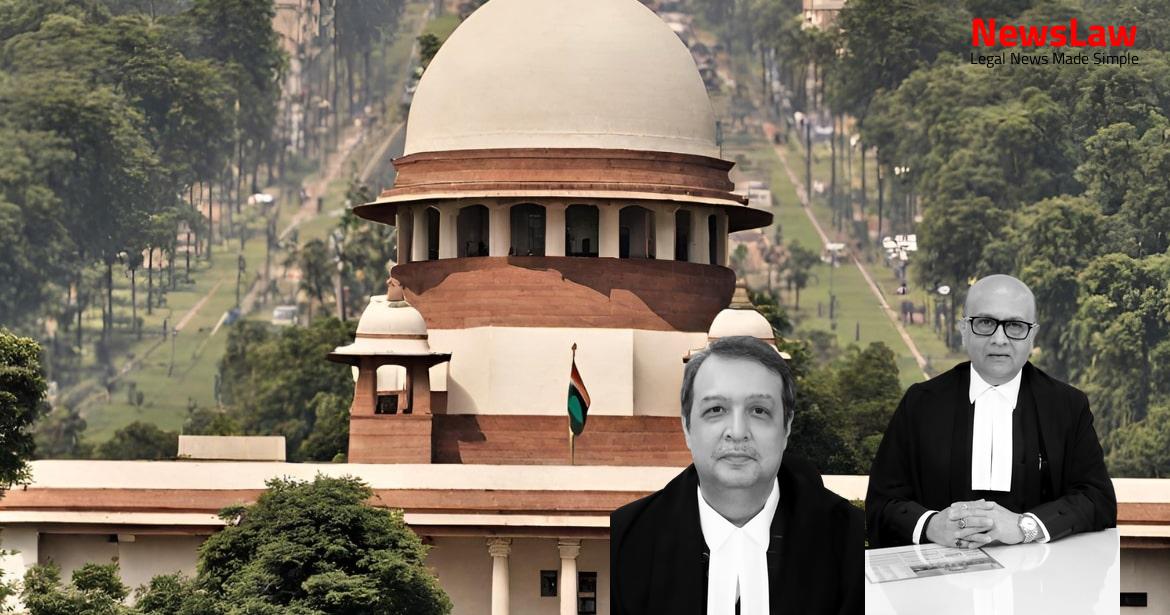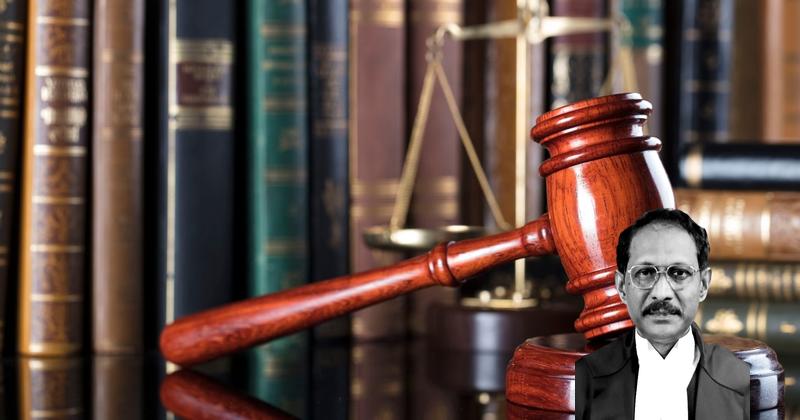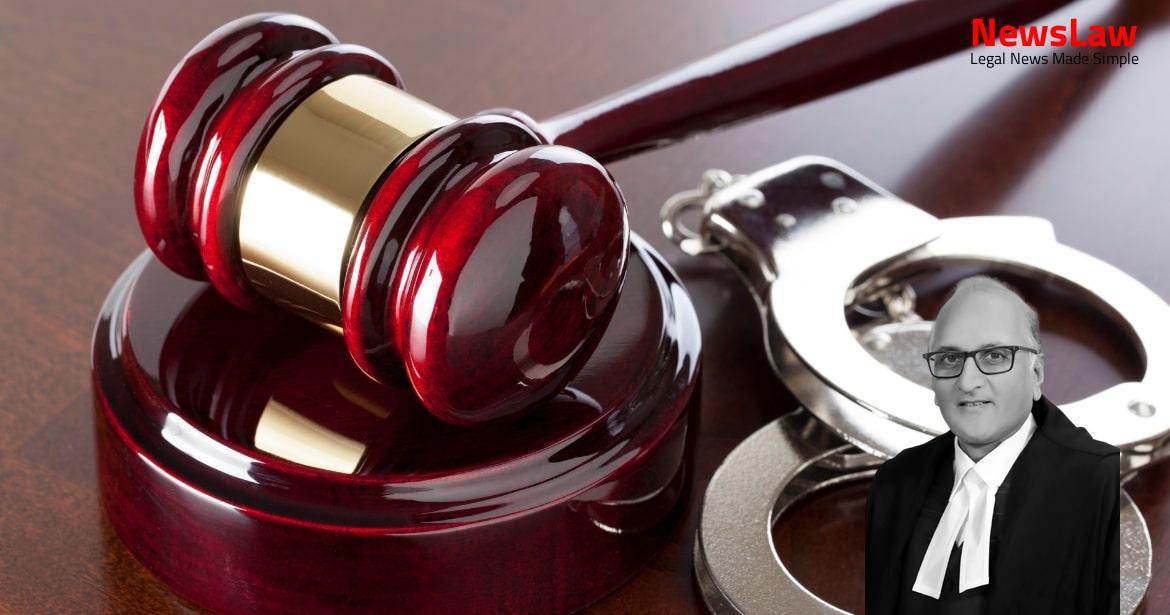Delve into the legal intricacies of the case between Sheikh Noorul Hassan, the appellant, and Nahakpam Indrajit Singh, the respondent, regarding the permissibility of subsequent pleading in election petition proceedings. Explore the arguments presented by both parties, the analysis of relevant laws, and the court’s decision. This blog provides a comprehensive examination of the case, shedding light on the nuances of election petition litigation and the principles governing subsequent pleadings in such proceedings.
Facts
- The election petitioner sought leave to file a replication in response to new facts in the written statement of the returned candidate.
- The High Court granted the election petitioner leave to file the replication through the impugned order.
- Allegations of non-disclosure and incorrect disclosure in the nomination paper were made in the election petition against the returned candidate.
- The election petition sought to declare the election of the returned candidate as null and void under specific sections of the Representation of Peoples Act, 1951.
- Additionally, a prayer was made to declare the election petitioner as duly elected from the constituency.
- The petitioner filed an election petition citing the respondent’s failure to disclose bank account details and ownership of a car.
- The respondent argued that the accounts were opened for Self Help Groups.
- Although the petition included other grounds, the focus was on the non-disclosure of specific account and car details.
- The High Court granted leave to file subsequent pleadings based on the grounds raised in the petition.
Also Read: CRPF Act: Validity of Rule 27 for Compulsory Retirement – Case of Head Constable vs. CRPF
Issue
- The issue at hand is whether subsequent pleading during the course of an election petition proceeding, as per Order VIII Rule 9 CPC, is permissible.
- This question is raised in light of the written statement provided in response to certain accounts, demands, and the vehicle mentioned in the replication.
- Before evaluating the correctness of the impugned order, it is vital to address the permissibility of subsequent pleading in such proceedings.
Also Read: DAMEPL vs. DMRC: Curative Petition and Arbitral Award Restoration
Arguments
- The replication filed by the petitioner is to refute the averments in the written statement of the election petition.
- The petitioner can add to their pleas in the election petition with the court’s permission.
- The replication does not introduce new facts but explains and supports the petitioner’s case against the first respondent’s written statement.
- The principle of variance between pleading and proof is emphasized in civil election litigation.
- The petitioner’s specific plea necessitates the filing of the replication to address new facts introduced by the first respondent.
- The replication provides clarification and amplification of earlier pleadings, aligning with the facts in the election petition.
- The petitioner’s clarification regarding the relation between accounts and Self Help Groups is essential to counter the first respondent’s claims.
- The law prohibits raising new pleas under the guise of a replication, and the court must grant leave after assessing the existing pleas.
- The replication mainly denies the first respondent’s statements in their written statement to the election petition.
- The petition for leave to file the replication was submitted promptly after the first respondent’s written statement.
- The impugned order lacks foundation in law
- Election petitioner’s replication is barred by the time-limit set out in section 81(1) of the 1951 Act
- Introducing new allegations through a replication would entail entertaining a time-barred petition
- Section 87 of the 1951 Act mandates that an election petition be tried by the High Court in accordance with the procedure under the Code of Civil Procedure, 1908
- The remedy of an election petition is governed by the provisions of the 1951 Act and there is no provision for filing a replication in response to a written statement
Also Read: Environmental Violations Case: TNPCB v. Copper Slag Unit
Analysis
- Replication is a defensive pleading done in response to counterclaims or new matters raised by the defendant.
- Court may grant leave for filing a replication when deemed necessary after scrutinizing the written statement and plaint.
- A replication should not introduce new material facts or a new case inconsistent with the original pleadings.
- Material facts and particulars alleged in the replication must align with those in the election petition.
- Amendment or amplification through replication is limited to particulars of corrupt practices already pleaded.
- A replication is not a substitute for an amendment and is generally not required to merely traverse facts in the written statement.
- Pleadings must include all material facts necessary to support the case, and particulars provide clarity and fairness in trial proceedings.
- Granting leave for a replication is not a routine procedure and is permissible only in specific circumstances dictated by law or court direction.
- New documents have been annexed by way of Self-Help groups list, Status report of Income Tax demands, and Original Copy of registration certificate of vehicle number DL4CNB4776.
- Section 86 of the law provides that the High Court shall dismiss an election petition if it does not comply with specific sections of the Act.
- The High Court may allow the amendment of particulars of corrupt practices alleged in the petition but cannot introduce new corrupt practices not previously alleged.
- The trial of the election petition should be expedited, and efforts should be made to conclude it within six months from the date it was presented for trial.
- Amendment of pleadings should be necessary for confession, avoidance, or explanation of a plea raised in defense, without introducing new grounds or inconsistent facts.
- Section 86(5) of the 1951 Act allows for the amendment or amplification of particulars of any corrupt practice alleged in the petition for a fair trial.
- No introduction of new corrupt practice particulars is permitted through an amendment to the petition.
- Replication is a defensive pleading to deny or address new matters alleged in the answer.
- Material facts are crucial for establishing a cause of action or defense and must be stated in pleadings.
- Replication and rejoinder have defined meanings in legal terms.
- Material facts are those upon which a party bases its claim or defense.
- Court discretion may allow for replies to new matters alleged for defense if they are crucial to the case.
- Amendment of pleadings is essential to include new grounds or allegations.
- The decision to grant leave to file a replication was justified and within the discretionary jurisdiction of the High Court.
- The replication aimed at explaining the averments made in the written statement.
- The replication did not introduce any new material facts or cause of action to question the election.
Decision
- The appeal is considered without merit.
- No order for costs is issued.
- The appeal is dismissed.
Case Title: SHEIKH NOORUL HASSAN Vs. NAHAKPAM INDRAJIT SINGH (2024 INSC 391)
Case Number: C.A. No.-001389-001389 – 2024



